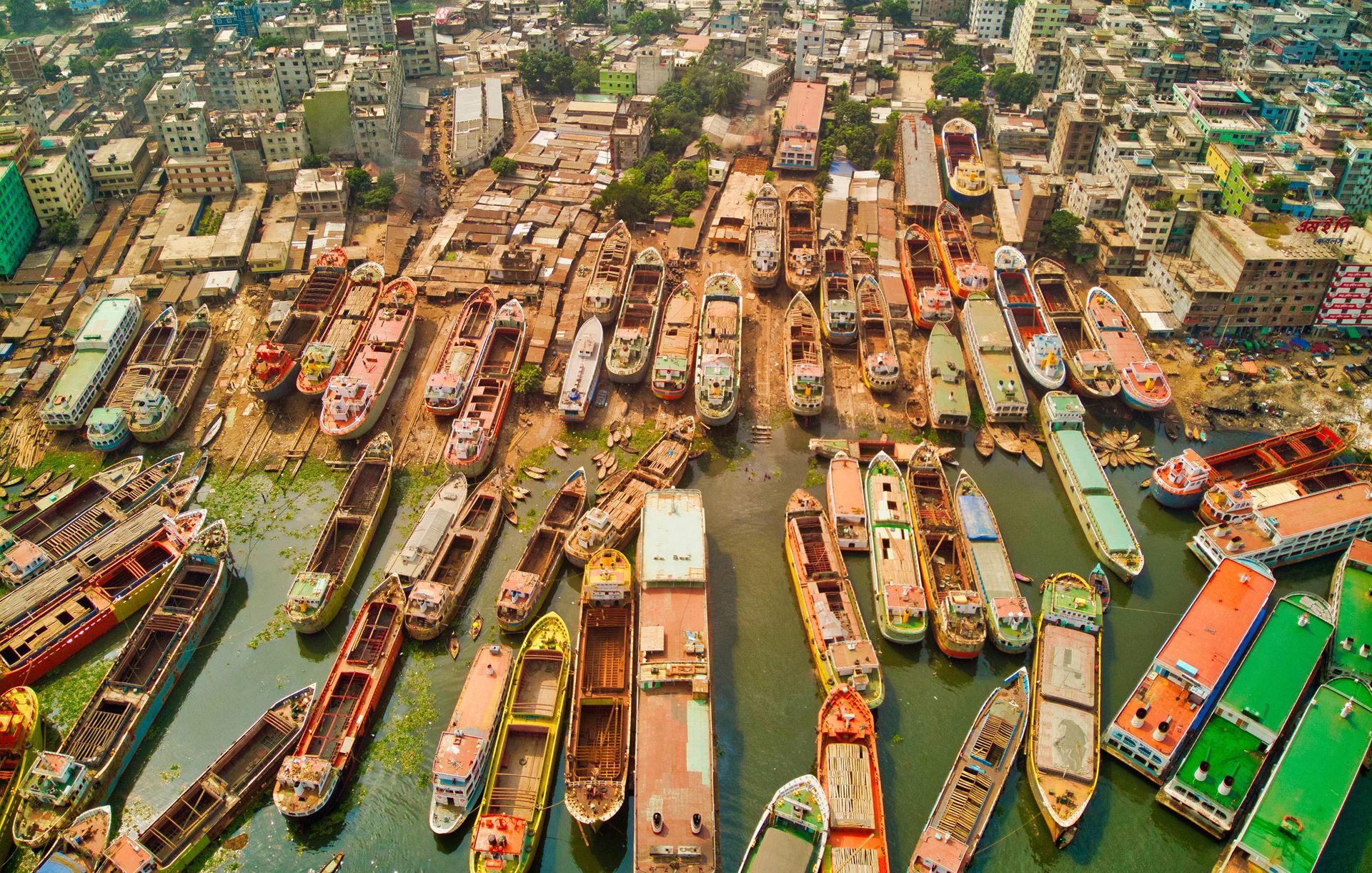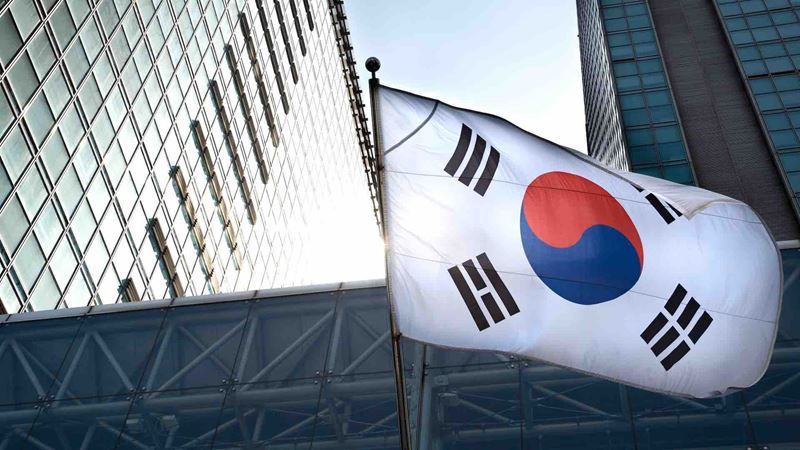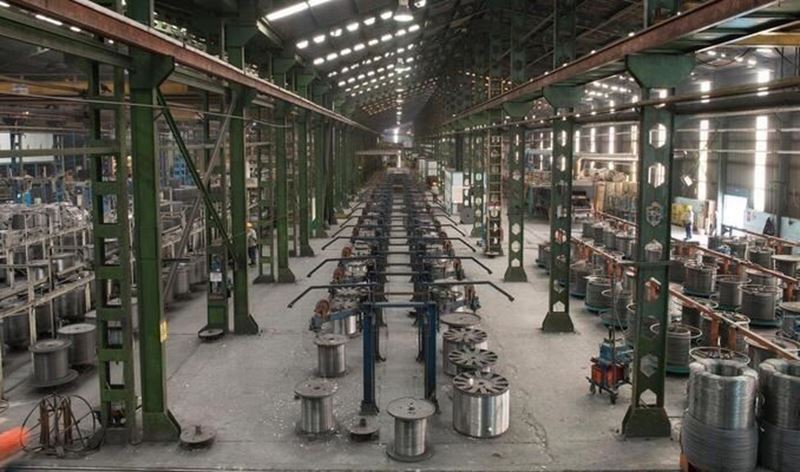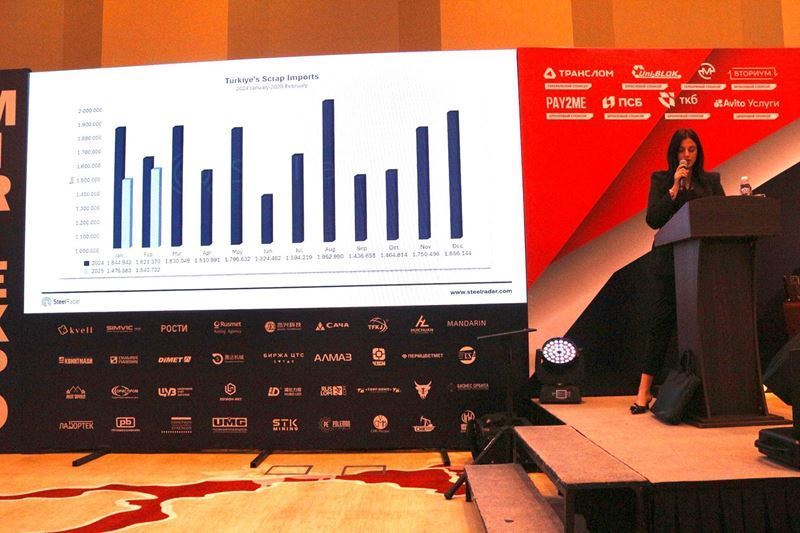Since new projects cannot be implemented at the moment, domestic finished steel purchases have experienced a rapid decline. Due to this decline, steel factories came to the point of reducing their production. On the other hand, suppliers also started to act cautiously and they prefer to sell in India.
Sellers stay away from risk
The chain reaction continues because sellers do not want to take risks.
Mohammad Taslim Uddin, managing director of KR Ship Recycling Yard, said there has been an increase in demand for steel products in local markets only due to government-led mega projects.
Bangladesh's annual steel bar production currently stands at an impressive 6 million tonnes. Approximately 80% to 90% of the raw materials used in production are provided by the shipbreaking industry. Dismantling yards play an important role in the growth of the country's steel industry.
Generally, ships are made up of approximately 95% mild steel , 2% stainless steel, and the remaining 3% mixed metals, which serve as important raw materials for many other industries.
Most of the raw material required for rebar production comes from ship breaking.
According to the Bangladesh Ship Breakers and Recyclers Association, which represents shipbreaking yard owners, there are 151 registered shipyards and 35 shipbreaking facilities, with 60 parent companies affiliated with the association.
Bangladesh, the world leader in commercial ship dismantling
Karnaphuli Metal Works has been an important name since it started regular commercial activities in the dismantling of domestic and foreign ships in this region. The shipbreaking sector has been receiving investment since the 1980s; The momentum started to show itself with the strengthening of the industry in the 1990s. Entrepreneurs based in Chattogram and Dhaka have the opportunity to make significant profits by realizing the earning potential of two to three times the initial capital investment per ship. In addition, the shipbreaking industry has become a very important raw material supply method that effectively meets the increasing steel demand in Bangladesh.
Bangladesh is a developing third-world country with a high population density. It has a large low-wage workforce. When these factors are combined with the increasing need for steel, the world leader in the ship breaking industry is not losing its place to anyone. As a result, this industry has always been considered important for the country's economy.
The world's largest shipbreaking yards are located on the northern coast of Chattogram, at places like Sitakunda and Faujdarhat. The industry is spread across dismantling facilities approximately 11 km wide in total.
These shipbreaking yards serve as the final destination for old, damaged, unseaworthy, out-of-service, and non-repairable cargo ships or oil tankers, and a quarter of the world's scrap ships end their lives at these shipbreaking yards.
According to the United Nations Conference on Trade and Development (UNCTAD ) report, Bangladesh still maintains its position as the leading country in ship recycling, despite a 65% decrease in ship dismantling activities.
More than a third of global ship recycling volume occurs in Bangladesh. Figures fell from 8.02 million tonnes the previous year to 2.8 million tonnes in 12 months to January 2023.
The ongoing dollar crisis, the almost completion of mega projects, and the resulting decrease in demand are among the reasons for the decline. Various factors are associated with the decline in figures, such as high scrap prices in international markets and the Russia-Ukraine conflict.
Nevertheless, despite the negative effects of the COVID-19 pandemic, Bangladesh's annual steel production managed to remain stable at 5.5 million tons in both 2020 and 2021, according to the World Steel Association.
While the production of 5.1 million tons in 2019 ranked 30th in the world, the decreasing production dropped the country to 31st place .
As a result, per capita steel consumption in Bangladesh was recorded at over 45 kg in 2020 and around 43 kg in 2022. This figure is significantly lower than India's 81 kg and well behind China's 645 kg.
Tapan Sen Gupta, deputy general manager of BSRM Group , the country's largest steel producer, said that steel consumption per capita is an important indicator of a country's development. In recent years, production and imports have remained at low levels compared to the previous year.











Comments
No comment yet.